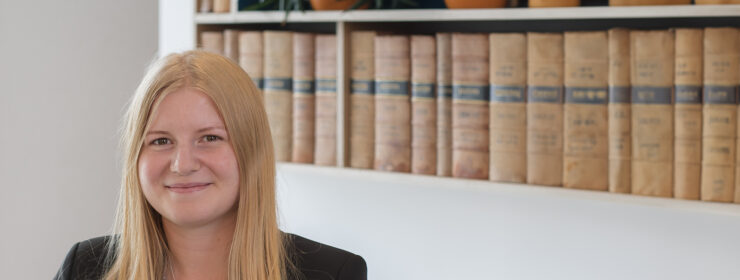When a marriage ends, questions about property division often arise – but what happens to your horse? Traditionally, English law has treated pets as property, but attitudes are shifting.
The legal perspective
Under section 24 of the Matrimonial Causes Act 1973, courts can make property adjustment orders, including orders relating to chattels (personal property). Pets, including horses, have typically been viewed as a chattel, treated no different from a car or piece of jewellery.
This approach contrasts with a number of other jurisdictions such as Australia, Italy and many U.S. states, where domesticated animals are given a special status in divorce proceedings. In England, the Pets on Divorce Working Group is campaigning for reform, a view supported by former High Court Judge Sir Nicholas Mostyn, who said that:
“Pets should not be treated by the courts merely as another chattel, equivalent to the family car or a grandfather clock… Pet owners know that pet welfare demands a different approach.”
Does timing matter?
If the horse was purchased before the marriage, they are likely to be considered a non-matrimonial asset. In contrast, if the horse was purchased during the marriage, the value of the horse will be included in the financial disclosure and considered in the division of assets.
If parties cannot agree on who should keep the horse, the court may consider a number of factors, including:
- Who purchased the horse;
- Who primarily cared for and paid for the upkeep of the horse; and
- The views and circumstances of both parties.
Pet-nups
One way to protect your horse is through a ‘pet-nup’, an agreement that sets out ownership, financial responsibilities and arrangements if the owners divorce. While nuptial agreements are not legally binding, case law has shown that the court usually gives effect to them provided that both parties freely entered into it and it is considered fair.
FI v DO [2024] EWFC 384 (B)
The recent case of FI v DO offers insight into how family courts may be moving away from the traditional legal perspective and instead placing more emphasis on the animal’s welfare. Although this case involved a dog, the principles are also applicable to equine owners. The judge considered various factors, such as who cared for the dog post-separation and who demonstrated empathy and understanding toward the dog. The dog’s behaviour also supported the decision that the wife was to retain ownership of the dog, as the dog ran away after being taken by the husband. This judgment suggests that welfare considerations could increasingly influence how courts decide pet ownership, including horses, in future divorce cases.
Pro-active steps
While English law still treats horses as property, there is increasing recognition of the emotional bond between owners and their animals. To ensure certainty regarding your horse in the event that you divorce, consider taking proactive steps such as a pet-nup and keeping clear records of your involvement in your horse’s upkeep.
The content of this article is for general information only. It is not, and should not be taken as, legal advice. If you require any further information in relation to this article please contact the author in the first instance. Law covered as at November 2025.








